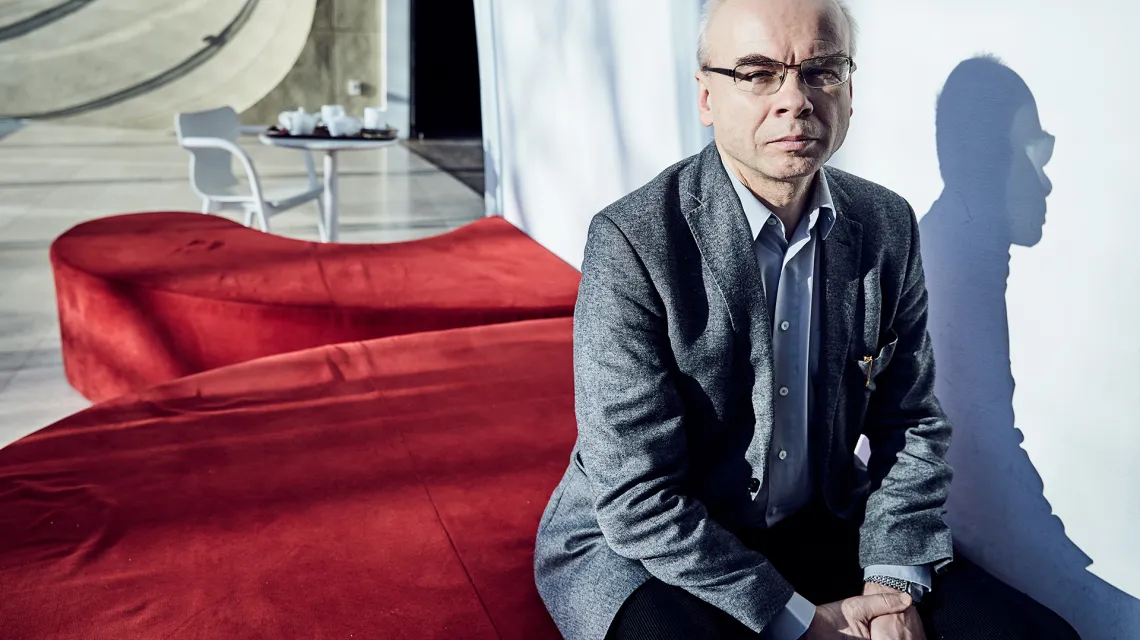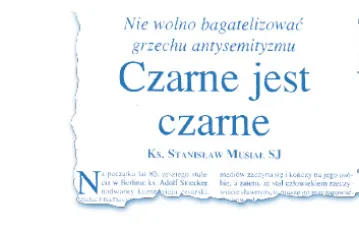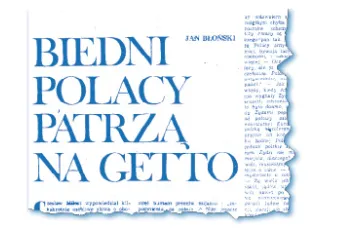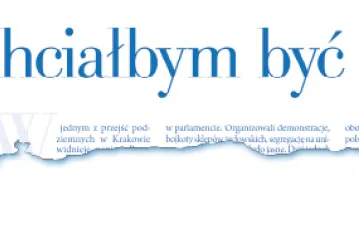Wykupienie dostępu pozwoli Ci czytać artykuły wysokiej jakości i wspierać niezależne dziennikarstwo w wymagających dla wydawców czasach. Rośnij z nami! Pełna oferta →
In January 2018, a few weeks before the first attack of the right-wing media and politicians on the POLIN museum, Professor Stola was summoned to the Ministry of Culture. He talked to two senior ministry officials about the EEA (Norway, Iceland, Lichtenstein) Norway Grant of EUR 10 million donated to the museum and pertaining to Jewish cultural heritage.
‘I arrive with a colleague, I start by saying that I am glad to be having this meeting because it is high time we got to work’ – says Stola. ‘And they say: no, we need to have a serious talk about it, because it is unfair that this money goes only to the museum’. ‘What do you mean?’. ‘There are so many valuable projects related to the Jewish cultural heritage, why should you be the only one to get this money?’. ‘Because the Norwegians trust us, they know we can deliver. And by the way, which projects are you referring to?’. ‘Well, I specifically mean the Warsaw Ghetto Museum’. ‘Does it even exist?’. ‘No, not yet’. ‘Does it have a director perhaps?’. ‘No, it doesn’t’. ‘Does it have a team which knows how to make projects like that happen?’. ‘No, but it will have one.’
In his interview with Michał Okonski, Professor Stola describes the circumstances in which he rejected the suggestion to donate some of the grant money to the not-yet-existing Warsaw Ghetto Museum and mentions the amount in question: three to five million euro. “If I agreed, I would be acting to the detriment of the POLIN Museum’ - he explains. ‘No private donor would give five cents to someone who gives away five million euros just like that’.
Stola rejects all the accusations formulated by the ministry. The interview also discusses the future of the museum under the new management and whether there will be a court case between the outgoing director and the minister (in 2019, Stola won a competition for the position of museum director while Minister Glinski abstained from signing his nomination for 9 months. ‘Lawyers say this failure to act is illegal. The minister has no discretion in what he does once the competition is over. He can cancel it but he would need to justify that, and if he does not cancel the competition then he must implement its outcome’ – TP heard).
The interview also talks about Polish-Jewish relations and their role in PiS (the ruling Law and Order party) foreign policy. ‘A few weeks ago Vladimir Putin delivered a slanderous lecture about the history of Poland. I know no other case in contemporary history where the president of a powerful neighbouring country has devoted 40 minutes of a speech to something like that. And our authorities replied with … the launch of The Roman Dmowski Institute, named after the founding father of Polish anti-Semitism, and offered the position of director to Professor Żaryn who has no problems accepting anti-Semitism derived from national democratic milieus. Perfect timing, for sure’.
‘The Russian disinformation campaign is just gaining pace’ – Stola continues. ‘Over the last two weeks I have been approached by three Russian TV and radio stations that work on materials about the history of World War II and Polish-Jewish relations. I know from my colleagues that they have also been approached. I also know that one of the directors who turned to us received an artistic award last year from the Federal Security Service. In addition, one of the stations is developing footage in English for the American market. I don’t think Poland is ready to fight against such a campaign”.
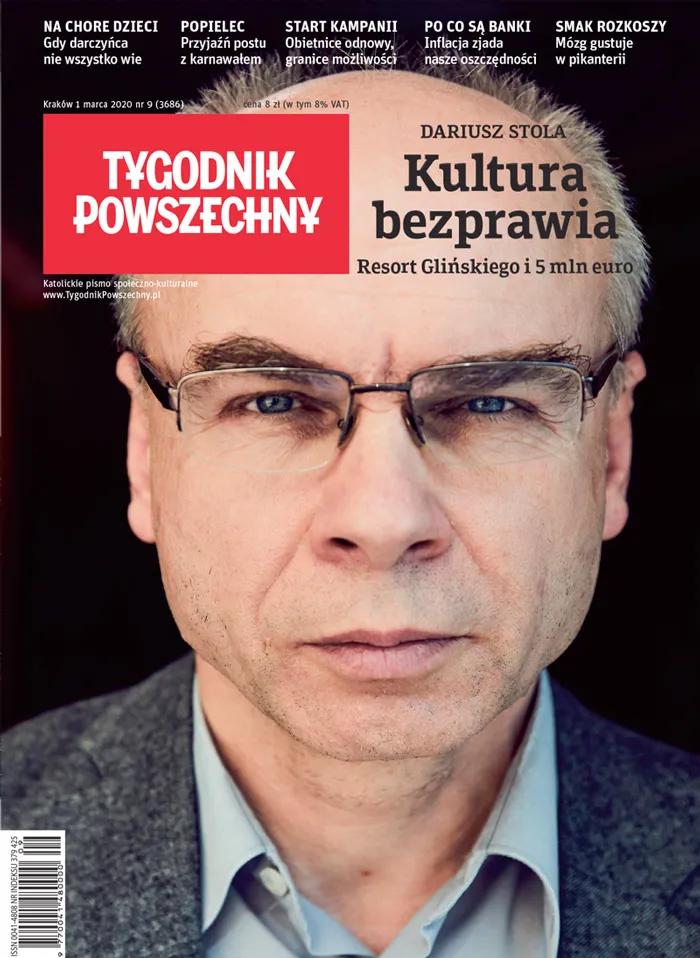
Read more in the latest issue of Tygodnik Powszechny published on 26 February.

